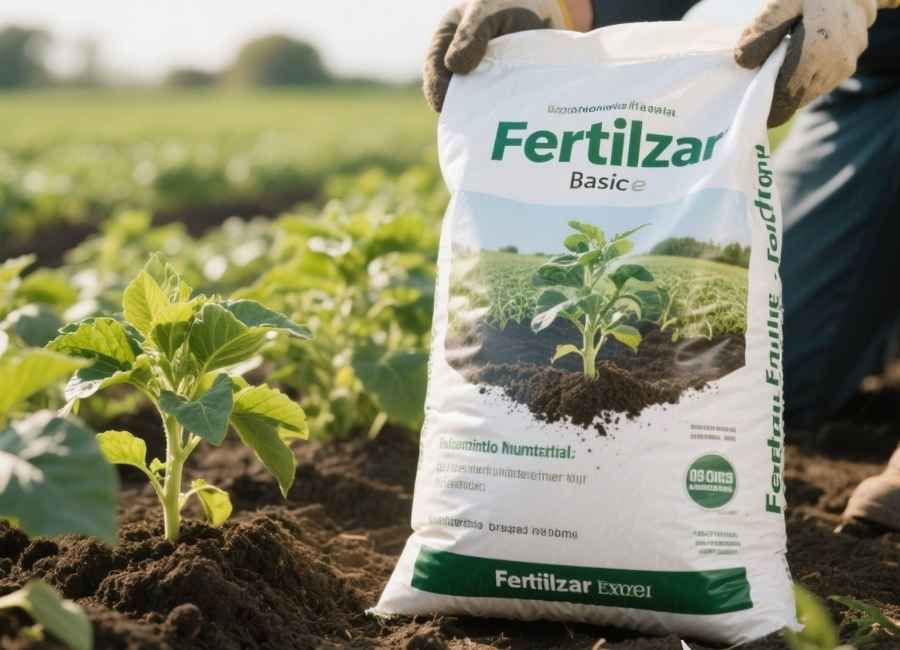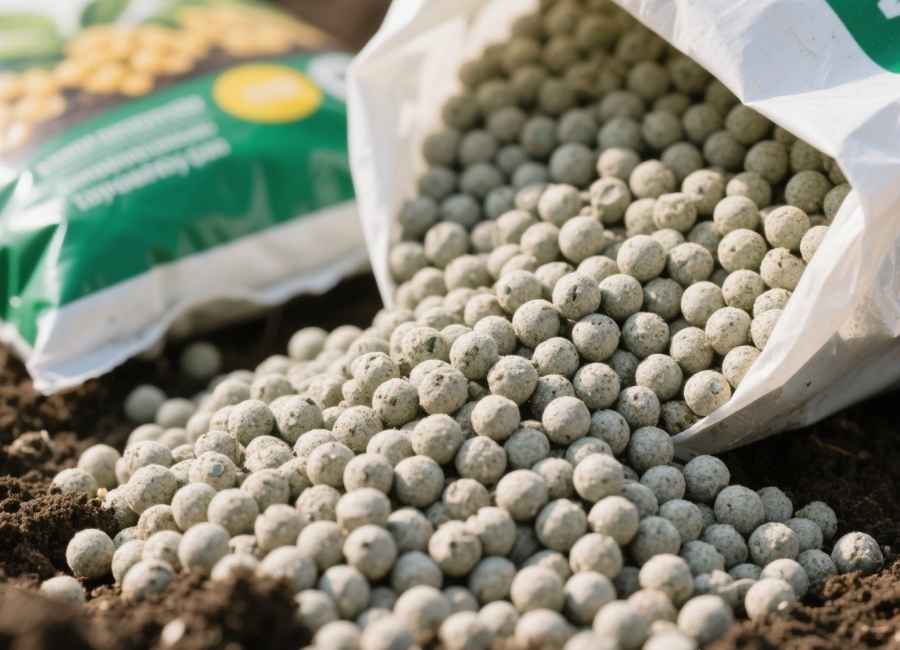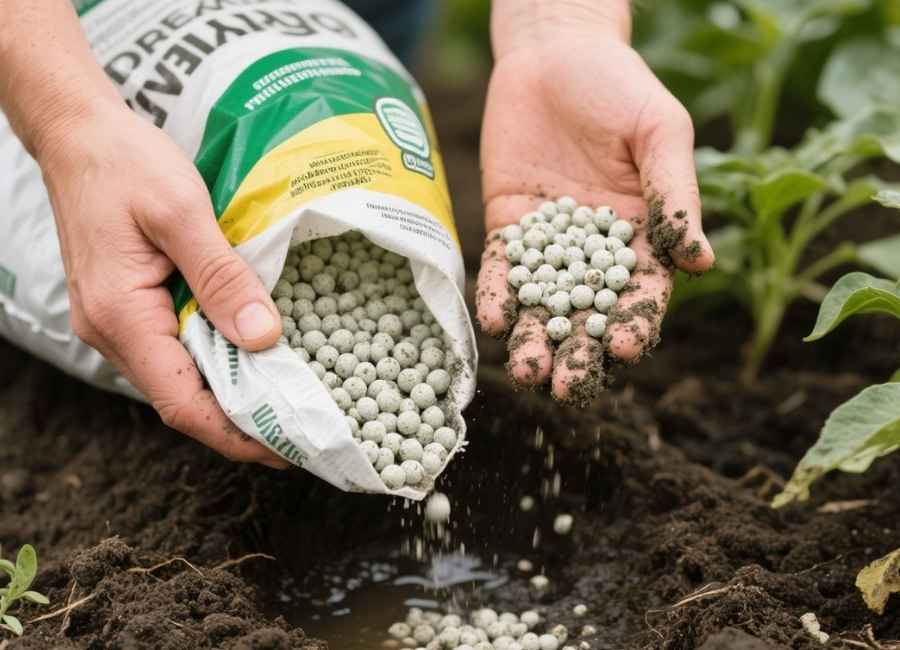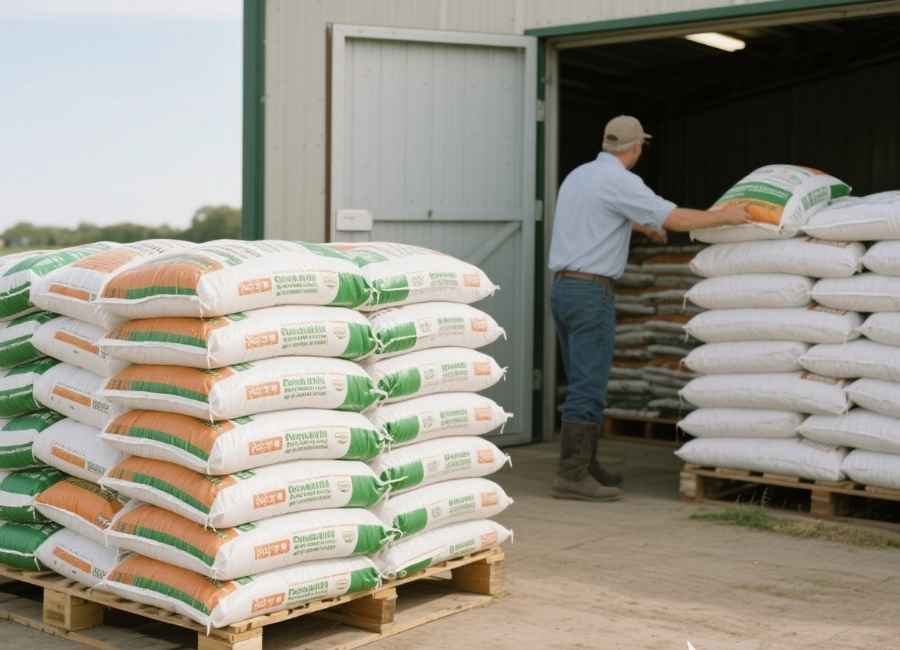When maintaining a thriving garden or lush green lawn, fertilizers are essential. But if you’re staring at a bag of fertilizer that you’ve had stashed in your shed for a few seasons, you might be wondering, “Does fertilizer go bad?” It’s a valid concern! After all, fertilizer’s quality and effectiveness can directly impact your plants’ health.
This blog dives into the shelf life of fertilizers, how to tell if your fertilizer is still usable, and tips to store it properly. Whether you’re a seasoned gardener, a lawn care enthusiast, or an agriculture student, you’ll find insights that can save time, money, and effort.
Understanding Fertilizer Basics

Before answering whether fertilizers expire, knowing what they are is important. Fertilizers are designed to provide essential nutrients to plants, supporting healthy growth, productivity, and resilience against stressors.
Fertilizers come in two primary forms:
Chemical (synthetic) fertilizers: These are manufactured using chemical compounds to deliver potent nutrients.
Organic fertilizers: Made from natural materials like compost, manure, or other plant and animal-based substances.
Each type of fertilizer has its characteristics and shelf life, which we’ll explore further.
Does Fertilizer Expire?
The short answer is no; most fertilizers don’t “expire” like food or medications do. But here’s the catch: while fertilizers don’t have a strict shelf life, their quality and effectiveness can deteriorate over time depending on factors like storage and exposure to elements like moisture.
Different Types of Fertilizers and Their Shelf Life

Granular Fertilizers
These dry, pelleted fertilizers are highly stable and can last indefinitely.
They tend to clump or harden if exposed to humidity, but you can often break them apart and use them without impacting effectiveness.
Liquid Fertilizers
Liquid fertilizers are mixed with water and tend to degrade over time. The shelf life can vary, but once opened, they’re typically effective for 7-10 years if stored properly.
Microbial activity in organic liquid fertilizers can lead to rancidity or odour, signalling degradation.
Organic Fertilizers
Organic fertilizers tend to decompose over time owing to their natural makeup. While the nutrients remain, moisture exposure may lead to clumping, mould growth, or unpleasant smells.
Specialized Fertilizers (Weed and Feed)
These products, containing fertilizer nutrients and herbicides, can lose their efficacy as the herbicide degrades. Their shelf life is typically 1-3 years.
How to Tell if Your Fertilizer is Still Good

Here’s how to determine if that bag or bottle of fertilizer is still usable.
Check for Moisture Damage
For granular fertilizers, any signs of clumping could indicate exposure to moisture. Fertilizer pellets that dissolve into sludge are unusable for most applications. Light clumping, however, can be loosened with some effort.
Inspect for Mold or Odor
Organic fertilizers with a strong odour or visible mould may still contain nutrients but could cause contamination or inconsistencies in nutrient delivery.
Evaluate the Label
Most bags or bottles include recommendations for use within a specific time. While fertilizers don’t spoil, following usage guidelines can ensure maximum efficacy.
Conduct a Simple Test
If uncertain, test the fertilizer on a small patch of plants or turf before applying it widely. Observe the results over a week or two.
Storing Fertilizer the Right Way

Proper storage is the secret to maintaining your fertilizer’s quality and usability. Follow these steps to prolong its shelf life.
1. Store in a Cool, Dry Place
Keep fertilizers away from moisture. A dry storage area like a shed or garage with controlled temperatures is ideal.
2. Use Airtight Containers
If the original packaging becomes damaged, transfer fertilizer into sealed containers to prevent exposure to humidity.
3. Keep Away from Direct Sunlight
UV rays can degrade the nutrients in some fertilizers, especially liquid formulas.
4. Label Everything
Write the purchase date and type of fertilizer on the container to keep track of its age.
5. Practice Safety
Keep fertilizers out of reach of children and animals. Some fertilizers contain chemicals toxic to humans or pets if ingested.
Why Proper Fertilizer Use Matters
Using effective, high-quality fertilizer isn’t just about maximizing plant growth. It’s also about reducing waste, saving money, and minimizing environmental harm. Degraded fertilizer can lead to uneven application, nutrient runoff, or plant damage. By ensuring your fertilizer is stored and used correctly, you’re taking an eco-friendly gardening or lawn care approach.
Final Takeaways
Does fertilizer go bad? Not exactly—but it can lose potency or become difficult to use if not stored properly. Knowing how to identify when fertilizer has been compromised and how to preserve its quality will ensure your garden thrives without unnecessary costs.
If you’re serious about gardening, lawn care, or teaching future farmers, don’t overlook the importance of maintaining your fertilizers and understanding their behaviour over time.
Happy gardening!















